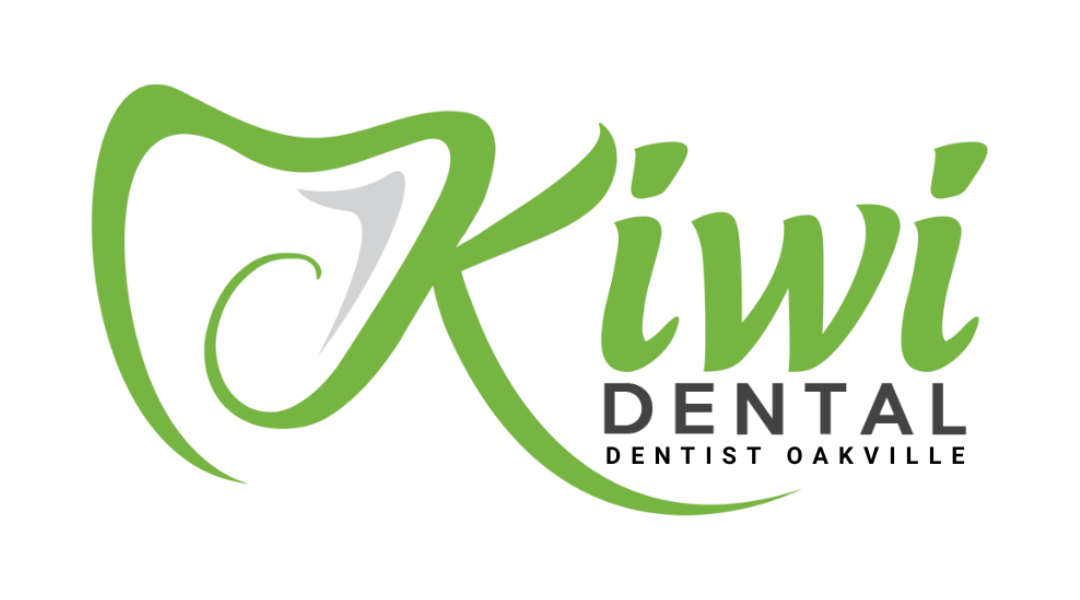

When we think of routine dental visits, we often imagine teeth cleanings, cavity checks, or maybe even discussions about orthodontics. However, one critical, and sometimes overlooked part of these appointments is the oral cancer screening. Quick, painless, and often included during regular dental checkups, this simple exam can quite literally save your life.

Oral cancer refers to cancers of the mouth and upper throat, including the lips, cheeks, tongue, hard and soft palate, sinuses, floor of the mouth, and pharynx. It typically begins as a small sore, red or white patch, or lump that doesn’t go away. Many people mistake these symptoms for minor infections or irritation, until it’s too late.
According to the Canadian Cancer Society, nearly 5,000 Canadians are diagnosed with oral cancer each year. Unfortunately, survival rates remain low largely because the disease is often discovered too late. The five-year survival rate is around 63%, but if caught early, that rate jumps to over 80%.
This is where oral cancer screenings come in.
Oral cancer screenings are simple, fast, and non-invasive. Your dentist examines your mouth, throat, and neck for any signs of abnormal tissue, discoloration, lumps, or sores. They may gently feel around your jaw and under your tongue. Some clinics use advanced technologies like special lights, dyes, or imaging tools to help detect abnormalities not visible to the naked eye.
These screenings usually take just a few minutes, but they could make all the difference.
The short answer: everyone. However, some individuals face higher risks and should be extra vigilant.
Tobacco use (including cigarettes, cigars, pipes, and chewing tobacco)
Alcohol consumption, especially in combination with tobacco
HPV infection (especially HPV-16, a high-risk strain)
Sun exposure, particularly for lip cancer
Age 40 and older
Poor oral hygiene
Family history of cancer
Even if you don’t have any of these risk factors, oral cancer can still occur. Healthy, young, non-smoking individuals have been diagnosed too, often due to undetected HPV exposure.
That’s why regular screenings are essential for everyone, not just those in high-risk groups.

Oral cancer is one of the few cancers that is often visible in its early stages, which makes early diagnosis very achievable, if people are screened regularly. Unfortunately, because symptoms can be mild or mistaken for something else, many patients don’t seek care until the cancer has spread.
Early detection not only increases survival rates, but it also:
Reduces the need for aggressive treatment like surgery, radiation, or chemotherapy
Preserves appearance and function of the mouth and jaw
Lowers healthcare costs and recovery time
When caught in its earliest stage, treatment can be relatively simple and outcomes are far better.
While screenings are your best defense, you should also be aware of the warning signs of oral cancer. If any of the following symptoms last longer than two weeks, see your dentist or doctor immediately:
A sore or ulcer that doesn’t heal
White or red patches inside the mouth
A lump or thickening of the skin or lining in your mouth
Difficulty swallowing or chewing
Persistent sore throat or hoarseness
Numbness in the tongue or other areas
Swelling in the jaw
Loose teeth not related to gum disease
These signs don’t always mean cancer, but they should never be ignored.

Your dentist isn’t just there to clean your teeth; they play a crucial role in your overall health. Dentists are often the first healthcare professionals to detect signs of oral cancer. That’s why maintaining regular dental visits, ideally every six months, is more than just a matter of oral hygiene.
Dentists are trained to spot early signs of cancerous and precancerous conditions. And because they see you regularly, they’re in a unique position to notice subtle changes that may indicate something serious.
If your dentist identifies a suspicious lesion or spot, they may recommend a biopsy or refer you to a specialist for further evaluation.
While not all cases of oral cancer are preventable, you can take steps to reduce your risk:
Quit tobacco and avoid secondhand smoke
Limit alcohol consumption
Use SPF lip balm and avoid prolonged sun exposure to your lips
Practice good oral hygiene
Get vaccinated against HPV
See your dentist regularly for checkups and screenings
Lifestyle changes paired with consistent monitoring are powerful tools in reducing your risk and catching any problems early.
Oral cancer screenings are fast, simple, and potentially lifesaving. They should be a routine part of every dental visit, just like cleaning and X-rays. With regular screenings, early detection becomes much more likely, and with early detection comes better outcomes, easier treatments, and peace of mind.
Whether you’re in a high-risk category or not, don’t skip your dental checkups. At your next visit, ask your dentist about an oral cancer screening. It might be the most important few minutes of your year.
“I am thrilled to share my exceptional experience at KIWI Dental (Oakville). From the moment I stepped through the doors, I felt at ease. The receptionists greeted me with smiles, and their professionalism in handling my appointment was commendable. Overall, my experience was nothing short of awesome.”
– Farzane E.
We’re proud of our 4.9 rating across 555+ reviews on Google.